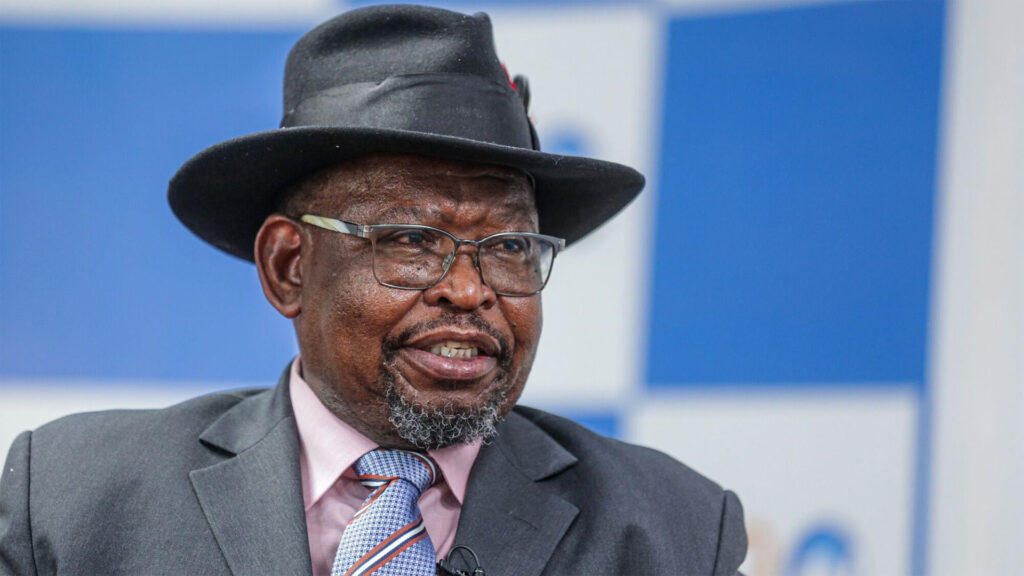
Newsletter Subscribe
Enter your email address below and subscribe to our newsletter

Enter your email address below and subscribe to our newsletter

The South African Cabinet has given its support to the budget framework, as confirmed by Minister Godongwana.
PRETORIA – In a significant development for South Africa’s economic landscape, the new coalition Cabinet has largely endorsed the government’s existing fiscal framework. However, Finance Minister Enoch Godongwana anticipates potential challenges during budget allocation.
The coalition government, dubbed the “government of national unity (GNU),” convened its first strategic planning session, or “lekgotla”, in Pretoria last weekend. This gathering of ministers was pivotal in mapping out priority areas for the next five years, with a strong focus on economic revitalization.
“We presented our macro-economic outlook and our fiscal strategy, which was broadly accepted, and we take that as a positive development,” Godongwana said in an interview on Monday.
Despite this consensus, he acknowledged that specific budget allocations could become contentious.
“The devil is going to be in the detail when the allocations come. During that period, people may raise issues which may stress the envelope a bit, but for now we are on the same page.”
Godongwana’s positive outlook on the Cabinet’s acceptance of the macro-economic outlook and fiscal strategy is a promising sign for investors and economic stakeholders.
However, he cautioned that potential challenges might arise during budget allocations, hinting at the delicate balancing act required to meet various ministerial demands within the fiscal constraints.
The National Treasury has set a target to stabilize state debt at 75.3% of gross domestic product (GDP) by the 2025-26 fiscal year, a significant goal given that the current debt stands at 74.1%, well above the emerging-market average of approximately 59%.
The Treasury is expected to present its medium-term budget estimates in the fourth quarter of this year, providing further details on how these targets will be met.
President Cyril Ramaphosa emphasized the new government’s focus on rapid economic growth to address poverty and inequality.
During the lekgotla, discussions highlighted the country’s challenges in reviving economic growth and reducing the high cost of living. However, Godongwana provided few details on specific measures to tackle these issues.

One significant policy proposal, the universal credit program, known locally as a basic income grant, has been shelved for the immediate future due to financial constraints.
“There is no money for it,” Godongwana stated. “I am not commenting on the efficacy and the importance of the policy; I am just saying that for now, I do not have the funding.”
Both Godongwana and Ramaphosa expressed optimism about the Cabinet talks. Ramaphosa noted the ministers’ consensus on almost all policy issues discussed.
“There was unanimity on nearly everything,” he said during a broadcast on state television. “It was a wonderful, wonderful, extremely wonderful cabinet lekgotla.”
As South Africa anticipates Ramaphosa’s address to parliament on Thursday, which will outline the government’s policy priorities, all eyes are also on the South African central bank’s upcoming monetary policy committee meeting.
With traders speculating a 30% chance of rate cuts, the interplay between fiscal and monetary policy will be crucial in shaping South Africa’s economic trajectory.
As South Africa navigates these complex economic waters, the government’s ability to maintain fiscal discipline while fostering growth will be crucial in determining the nation’s economic future and its attractiveness to both domestic and international investors.